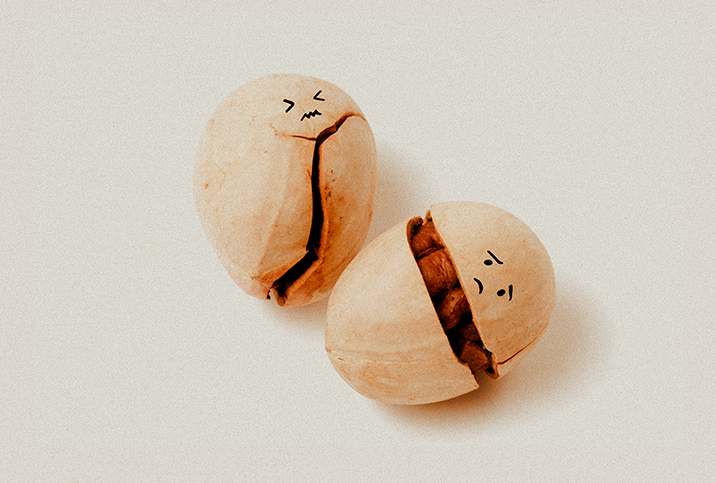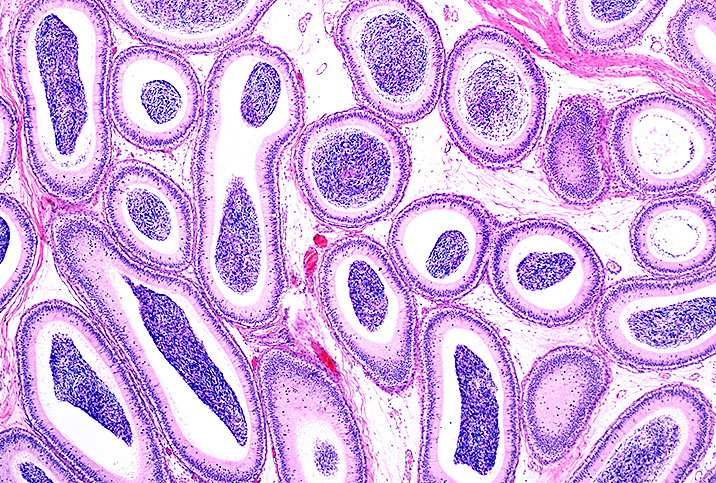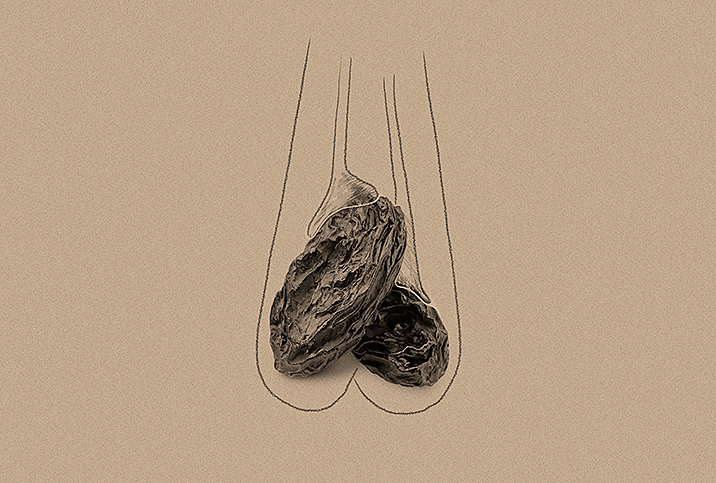Testicular Disorders You Should Know About If You Want to Start a Family

Testicular disorders can lead to infertility and other issues that impact your sexual health, which in turn can affect your chances of becoming a parent. By staying vigilant, taking preventive action and getting treatment if needed, you can help ensure testicular health and increase your chances of having a child.
Testicular cancer
Although the causes of testicular cancer are unknown, men with an undescended testicle or a family history of testicular cancer are at a higher risk than others. Caucasian men are five times more likely to get testicular cancer than Black men and three times more likely than Asian men. And although testicular cancer can occur at any age, up to 80 percent of cases occur in men younger than age 44, with more than half of cases arising in men ages 20 to 34.
Symptoms of testicular cancer include a lump, enlargement or pain in either testicle, along with pain, aching or tenderness in the abdomen, groin, breasts or the back.
Treating testicular cancer
If you're at high risk for testicular cancer, regular self-exams and doctor's appointments are the best way to detect the disease early. For men diagnosed with testicular cancer, treatment options vary, with chemotherapy or testicle removal the most common procedures. The good news is most cancer starts in a single testicle, and if it is removed early, the chances of conception are the same as for men with both testicles.
Epididymitis
Epididymitis is the inflammation or swelling of the epididymis, a coiled tube around the testicle that transports and stores sperm. Commonly caused by urinary tract infections (UTIs) and sexually transmitted diseases (STDs), epididymitis typically occurs in men 40 years of age and younger. Symptoms include testicular tenderness or pain, difficulty urinating and pain during intercourse.
Treating epididymitis
Fortunately, epididymitis is easily treated with a mix of antibiotics to clear up the bacteria at the source of the infection and a combination of ice packs and ibuprofen to reduce pain and swelling. With proper treatment, the issue should resolve within about a week. However, untreated epididymitis can create scar tissue that prevents sperm from leaving the testicles, and the sperm can be irregular. Because of this possibility, quick diagnosis and treatment is crucial, especially for men who want children.
Testicular torsion
Testicular torsion is a common condition in younger males, usually teenagers, that occurs when the testicle twists within the scrotum. When this happens, the spermatic cord that brings blood to the scrotum becomes constricted, which can lead to testicular pain and may necessitate the removal of the testicle.
Treating torsion
Seek medical attention if you believe you're suffering from testicular torsion because treatment often requires immediate surgery. The most telltale signs are pain in the testicles, nausea and abdominal pain. Even if the pain comes and goes, you might still be suffering from intermittent testicular torsion.
Without surgery to correct testicular torsion, the lack of blood flow can cause the testicle to become damaged to the point where it must be removed. If you feel sudden and severe pain in the testicles, especially if it's on just one side, be sure to consult your physician or go to the emergency room.
Hypogonadism
Hypogonadism occurs when the testicles don't produce enough testosterone. The primary reason behind hypogonadism is a problem with the testicles due to certain medications, aging, cancer treatment, or an abnormality resulting from an undescended testicle. In other instances, hypogonadism is the result of pituitary gland issues.
The condition can happen at all ages and poses a significant threat to a patient's reproductive abilities. If left untreated, hypogonadism can lead to a decreased sex drive, erectile dysfunction (ED) and infertility. Men can also experience hot flashes, mood swings and irritability similar to women experiencing menopause.
Treating hypogonadism
Men seeking to alleviate hypogonadism should discuss their options with a doctor. A common first treatment is testosterone therapy, but this process can actually cause or worsen infertility. If your goal is to restore or maintain fertility, it may be more prudent to treat individual symptoms that impede it, such as erectile dysfunction.
With regular visits to your physician and a proactive approach to testicular health, you can limit the chance of fertility problems and look forward to a healthy life as a father.

















